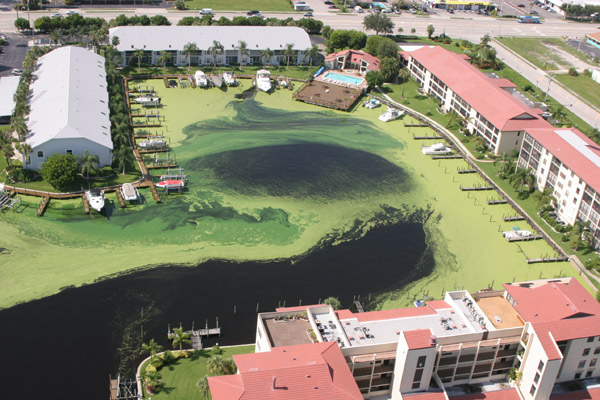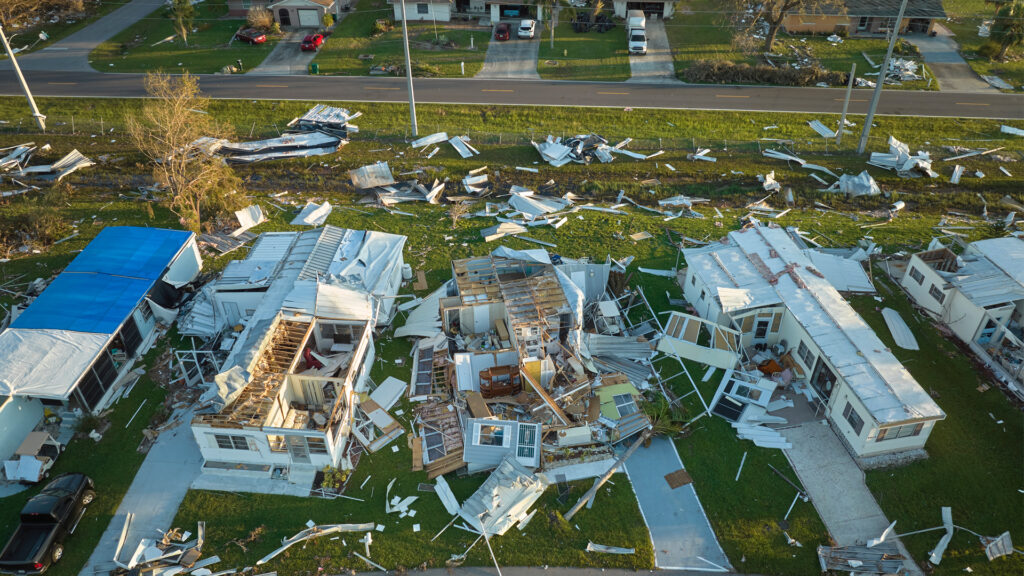A roundup of news items related to climate change and other environmental issues in Florida:
It’s heat season. Expect more health warnings this summer in Miami-Dade | Miami Herald

At the urging of Miami-Dade County leaders, the National Weather Service has lowered the bar for extreme heat warnings and advisories in the county. The hope is that the new standards will better protect residents from the rising risks of heat, which the county estimates kills about 34 people and hospitalizes hundreds more each year.
NWS meteorologist Robert Molleda announced the change Monday at a county event marking the start of Miami-Dade County’s heat season, which officially runs from May 1 to Oct. 31 each year. The decision has implications beyond Miami-Dade. The county will serve as a test case for the new warning levels, Molleda said. If they work well, the weather service may make them permanent and export them to other South Florida counties.
“The most important thing is that advisories and warnings go out when there is an increased threat to the general population,” said Molleda, the warning coordination meteorologist at the NWS Miami office. “It’s about making sure people have the information they need and are receiving weather alerts and notifications that can enable them to take action.”
Did Florida lawmakers move to protect water quality? Here’s what passed and failed | Bradenton Herald

Florida lawmakers passed several new bills this session that could impact the state’s water quality, for better or worse
Florida’s water quality ranks among the worst in the U.S., largely due to nutrient pollution, according to a 2022 data analysis by the Environmental Integrity Project. The problem has manifested itself in toxic algal blooms, manatee die-offs and degraded water quality at Florida springs and beaches.
Laws aimed at addressing the crisis have generally received bipartisan support, and several new measures made it through the 2023 legislative session.
Hurricane Ian victims suing their insurance company for underpaying damage claim | WFTS

PORT CHARLOTTE, Fla. — Nearly eight months after Hurricane Ian ravaged Southwest Florida, some homeowners say their insurance company won’t pay for the full cost of repairs and they are left with no option but to sue.
“This is the shell of our beautiful home… last year after the hurricane,” Sherry McBride said with a shaky voice as she stood next to her husband, Jim.
“We are in our 70s. He’s a Vietnam veteran, and we’re hurting right now.”
If you have any news items of note that you think we should include in our next roundup, please email The Invading Sea Editor Nathan Crabbe at ncrabbe@fau.edu. Sign up for The Invading Sea newsletter by visiting here.



